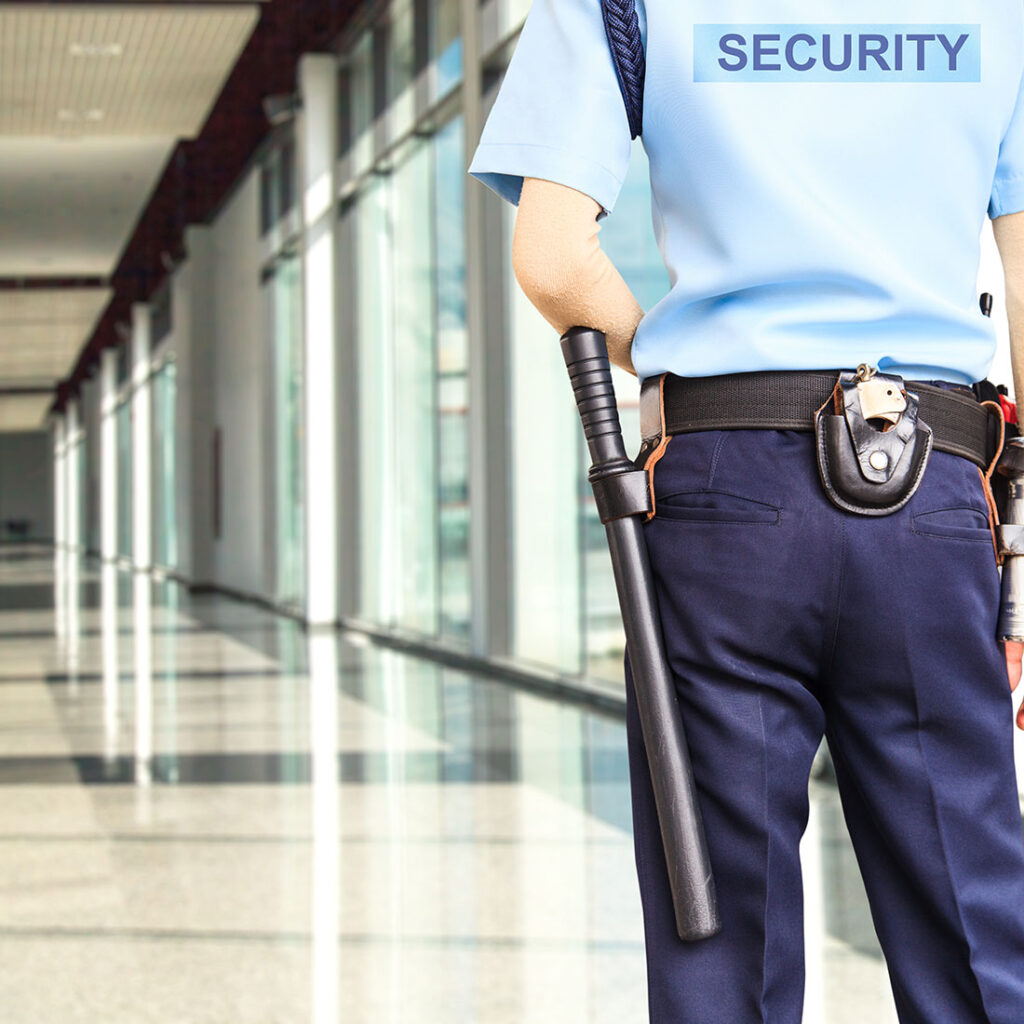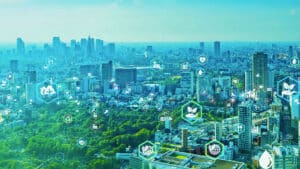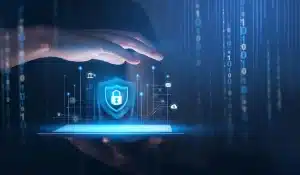Security guard companies are facing a fascinating industry shift in 2020 due to the considerable changes created by COVID-19 and the measures taken to protect the public from the coronavirus. This has posed a particular challenge for guard services specializing in protecting public places: What do you do when those public spaces are now empty? What happens when there is no demand for security services because sport venues, schools, malls, bars, and streets are now vacant?
Times like these are the best opportunities to talk about business resilience and finding a successful path through the challenges of this year. Here are key steps to keep in mind.
Explaining Ongoing Value to Clients
Many security companies have already seen this happen: Clients are calling and trying to cancel their contracts because they simply don’t see the need for guard services right now. In many industries, it’s an expense that doesn’t look especially important amid lockdowns, and a cost that businesses cannot currently bear. What should be a security guard firm’s response to these calls?
Whenever possible, try to explain the ongoing value in keeping security services to your clients. Create a routine response that you can provide that emphasizes how security guards are still important even in remarkable times. Remind customers that empty areas – public or otherwise – can encourage certain amounts of crime (we’ll go into this more below). When a client wants to cancel, have a plan to negotiate down to a more limited service, such as reducing the number of guards instead of canceling altogether – many companies have found this to be an acceptable alternative during COVID lockdowns.
Re-Orienting Toward Available Opportunities
If many of your contracts came from monitoring public areas, it’s an excellent time to diversify and investigate other opportunities for your guards. Empty malls and parks mean a decrease in one type of demand, but other types of demand may be growing in these times. Work to expand into other jobs like:
- Data protection: Data retains its value no matter how active people are outside. The need for server security and other data-related posts isn’t diminished.
- Personal security: In some cases, demand for personal security jobs may be even higher as people are willing to pay for extra assurance that no one will get near them.
- Transport: Valuable goods and money continue to be moved in these times. In fact, demand for transportation security may be even higher in some industries as businesses move their more valuable products from storefronts into safer long-term storage.
- Grocery security: In interviews with security guard companies throughout the industry, Security Magazine found that grocery companies were one area where security needs were actually increasing during the challenges of coronavirus. Grocers are more invested in protecting their products, preventing riots, and securing supply lines than ever before.
- Hotel security: While some hotels are scaling back security due to lack of business, hotels that remain open are often increasing their security needs to make sure guests stay safe, separated, and follow the correct protocols
- Other theft prevention: Companies with more valuable products that haven’t put them in storage (such as jewelry stores, or museums, for example) still need security to help prevent theft from burglars emboldened by gathering restrictions.
Preparing for High-Risk Areas with New Protocols
If your guards work in high-risk areas, then new protocols are necessary and should be implemented quickly. One of the best examples is at hospitals, where security needs are still high but the presence of COVID-19 requires security guards to take precautions similar to the medical works there, including face masks and cleanliness. It’s important that your guards are aware of these precautions and practice them appropriately. Other security guard companies are releasing new guidelines for cleaning guard stations and vehicles as well as maintaining social distance, so their clients know they are taking the right steps. Other security guidelines may also need to be adjusted during this time.
Not all precautions involve disease, either. Uncertain times make people unpredictable, and that can be more dangerous for security guards as well, as one guard found when injured by a Wal-Mart customer literally lashing out at the new rules. These new duties and the dangers that come with them should also be discussed!
Considering Hazard Pay
If your guards are considered essential workers at their jobs, it’s certainly time to consider some sort of hazard pay. We’re seeing many different approaches to this kind of renumeration. Some companies are providing hazard pay for geographic areas where there are more likely to be people. Others are paying overtime for specific jobs, like the aforementioned hospital posts. Hazard pay bills are being formulated and passed at both the state and federal levels, so it’s also important to keep track if your company qualifies for any of this funding.
Focusing on Online Training
Now is a good time to focus on online training, certification, and keeping up with guard licensing! Not only may your guards have more time to focus on training now, but states are also relaxing their in-person security training requirements and allowing for guards to earn certification via video conferencing.
Conclusion
Building business resilience is about dealing with the unforeseen, and the lessons that security guard firms learn during this time will help them for many years into the future. Our last bit of advice is, when considering all the above responses, also take time to issue a broad statement on your website about how you are handling your response. Communication about these issues is important, especially for new visitors looking for help!






